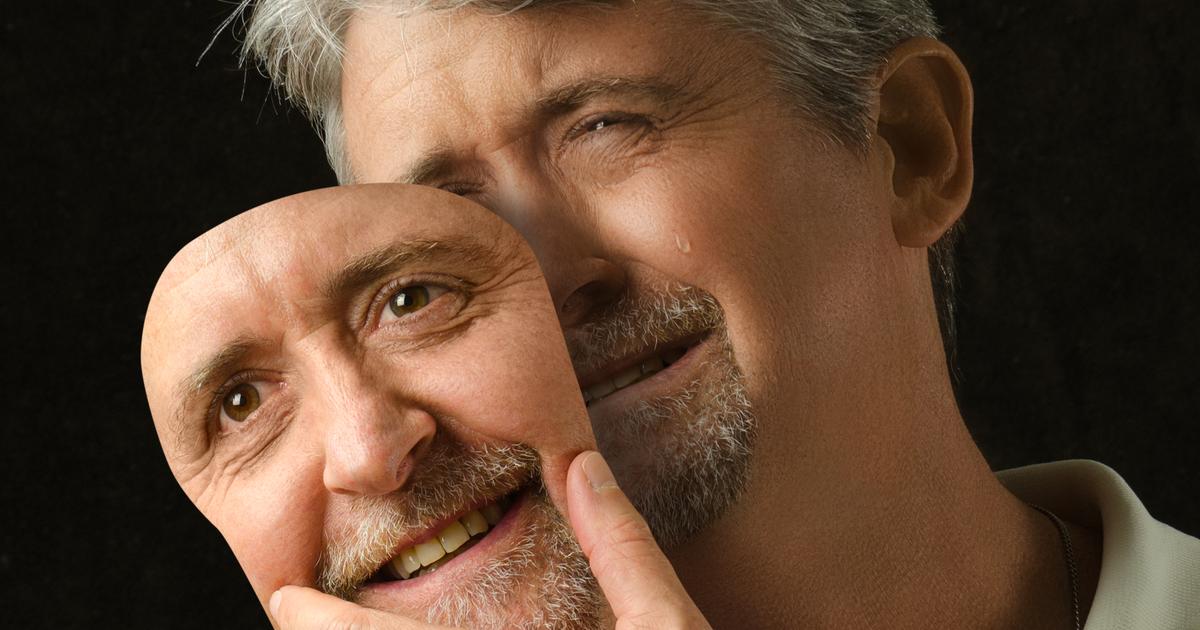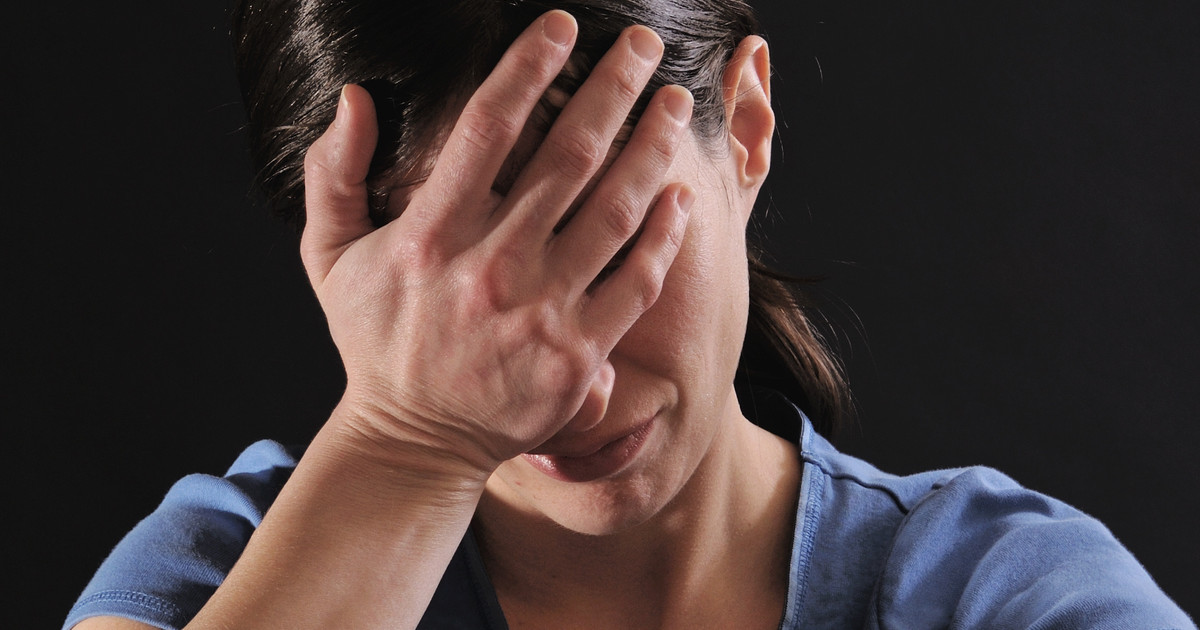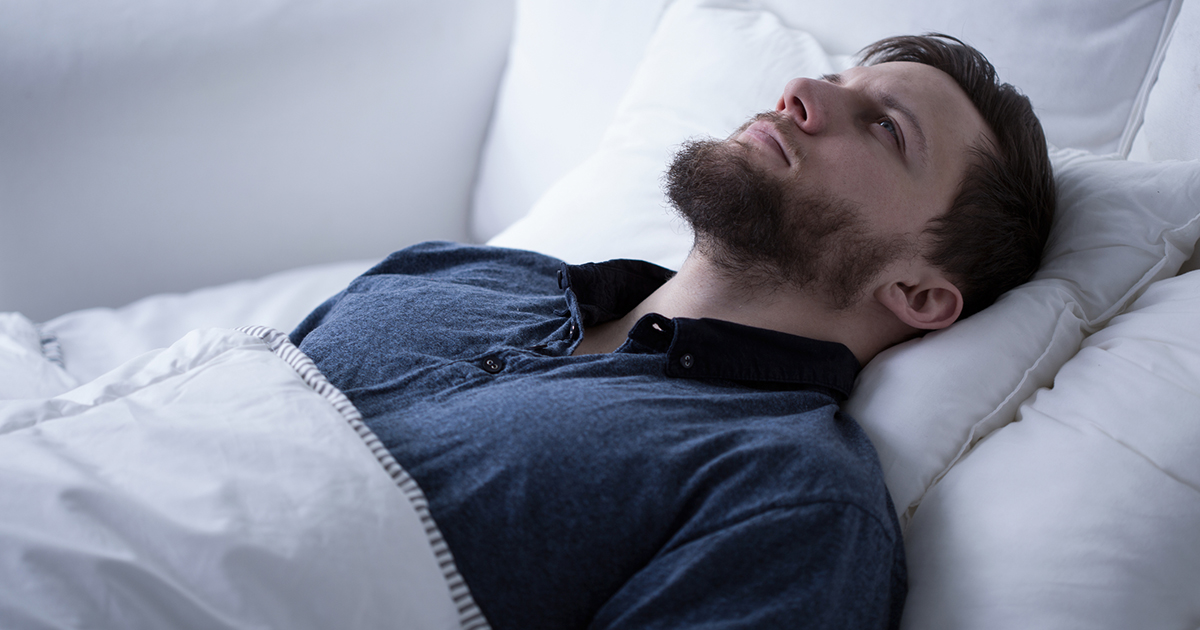Guide To The Symptoms Of Bipolar Disorder
Bipolar disorder is a severe mood disorder characterized by intense periods of high or low mood. It includes periods of major depression and mania, which are also called depressive and manic episodes. Each of these episodes can last a couple of weeks to several months at a time. Bipolar 1 disorder requires at least one manic episode. Bipolar 2 disorder is the one in which an individual experiences hypomania. This is a low-grade version of mania, though it can be just as concerning. About three percent of the United States' population deals with bipolar disorder, which may manifest in late adolescence to early adulthood.
Patients often take mood stabilizers as a treatment for bipolar disorder. Many patients may also need medication for depression to handle their condition. Antipsychotics for bipolar disorder are also an option. Psychotherapy for bipolar disorder is often a continuous treatment. Some patients seek to use treatments such as meditation as natural mood stabilizers. However, patients need to understand the symptoms of this condition and discuss them with a doctor first.
Extreme Mood Swings

Extreme mood swings in bipolar disorder are not regular, day-to-day mood fluctuations. Instead, according to the Diagnostic and Statistical Manual of Mental Disorders, Fifth Edition, each episode in bipolar disorder mood swings must last for a minimum length of time. A depressive episode must last for a minimum of two weeks, and a manic episode must last at least one week. Mania is the upswing, the extremely elevated end of the mood swing.
However, mania is not positive simply because it involves an elevated mood. Instead, episodes have symptoms such as high or wired energy, distracted attention, thinking and talking rapidly, and an extremely grandiose sense of self. In extreme cases of mania, a patient may experience delusions and hallucinations and may require hospitalization. During depressive episodes, a patient will experience low mood, apathy, reduced motivation, fatigue, lack of concentration, hopelessness, insomnia or sleeping too much, and suicidal thoughts. Each cycle can go for an indeterminate period.
Euphoria

Euphoria, a major part of manic episodes, is a high mood that feels like absolute joy and excitement. However, it tends to be extreme to a debilitating grade. Individuals with bipolar feel like they are on top of the world. Along with this comes an inflated sense of self, grandiose thoughts about skills or the world, or exaggerated perception of one's skills, sometimes to a delusional level. Euphoria appears alongside extreme distractibility, risky or dangerous behavior like, and rapid racing thoughts and speech. Rational reasoning does not exist.
For example, an artist during a manic episode may feel excited about beginning multiple projects at once, more than a person reasonably can, and find themselves working on them nonstop. Euphoria distorts their perception. They may feel a heightened sense of pride and happiness, perhaps believing their art will make them famous. At the end of the episode, without the euphoria, the individual may find a series of unfinished projects that lack sense or meaning.
Poor Decision-Making

Due to manic thinking, many bipolar disorder patients have trouble making reasonable judgments. Poor decision-making is one of the major causes of the many negatives consequences of bipolar disorder. This can further complicate an affected individual's life. Lacking good judgment when making decisions can lead to common risky and impulsive behaviors. Examples include spending all of one's savings, taking drugs, as well as engaging in dangerous or unprotected sexual activities. Even a depressive episode impacts a bipolar disorder patient's ability to make healthy decisions. These episodes can also lead to drug use and refraining from taking care of basic needs, like eating well, exercising, or proper hygiene.
Depressed Mood

A depressed mood that lasts at least two weeks is a big part of bipolar disorder. However, depression is not necessary to receive a bipolar 1 disorder diagnosis. This is rare because the severe impact of manic episodes on an affected individual's life can spiral them into a depressed mood. For example, the effects of impulsive acts like maxing out a credit card or engaging in hypersexual activities can push patients into a depressive episode. During a depressive episode, bipolar disorder patients can feel some or even all of the classic symptoms of major depression. An individual may become consistently sad, have a low interest in normal activities, persistent low self-esteem, and feelings of hopelessness.
After a manic episode, depressive episodes can hit much harder, making a patient's suicide risk rise. Some patients may experience a mixed state, in which they have symptoms of both mania and depression. The mixed state is incredibly dangerous, as it has a seventy-one percent higher risk of suicide.
Sleep Issues

Irregular sleep patterns are prominent in bipolar disorder, regardless of the episode. During mania, patients are likely to experience not only insomnia but a complete lack of sleep. Due to extreme restlessness, high energy, and a rampage of unstoppable thoughts, ideas, and impulsive inspirations to engage in many tasks or projects, an individual will find themselves losing track of time in their work, unable to rest. Despite the lack of sleep, individuals in a manic episode will continue to feel an incredible sense of energy, as though they have a continuous supply of caffeine coursing their body. However, as the mania dies down, individuals may experience severe fatigue as their body catches up to their mental state.
Many patients can slip into a depressive episode right after mania. This is due to both the emotional and physical fatigue and the consequences of any risky, impulsive behaviors. During a depressive episode, an affected individual will experience hypersomnia. This refers to the desire to sleep for a long time without feeling refreshed upon waking. Sleep disturbances are a major red flag of bipolar disorder as well. As a part of holistic treatment, patients must develop a healthy sleep routine and be aware of any changes. Suppose an individual finds themselves pulling all-nighters for a few days in a row without any perceived fatigue. This is a sign to slow down, seek medical help, and pay attention to sleep and caffeine intake.
